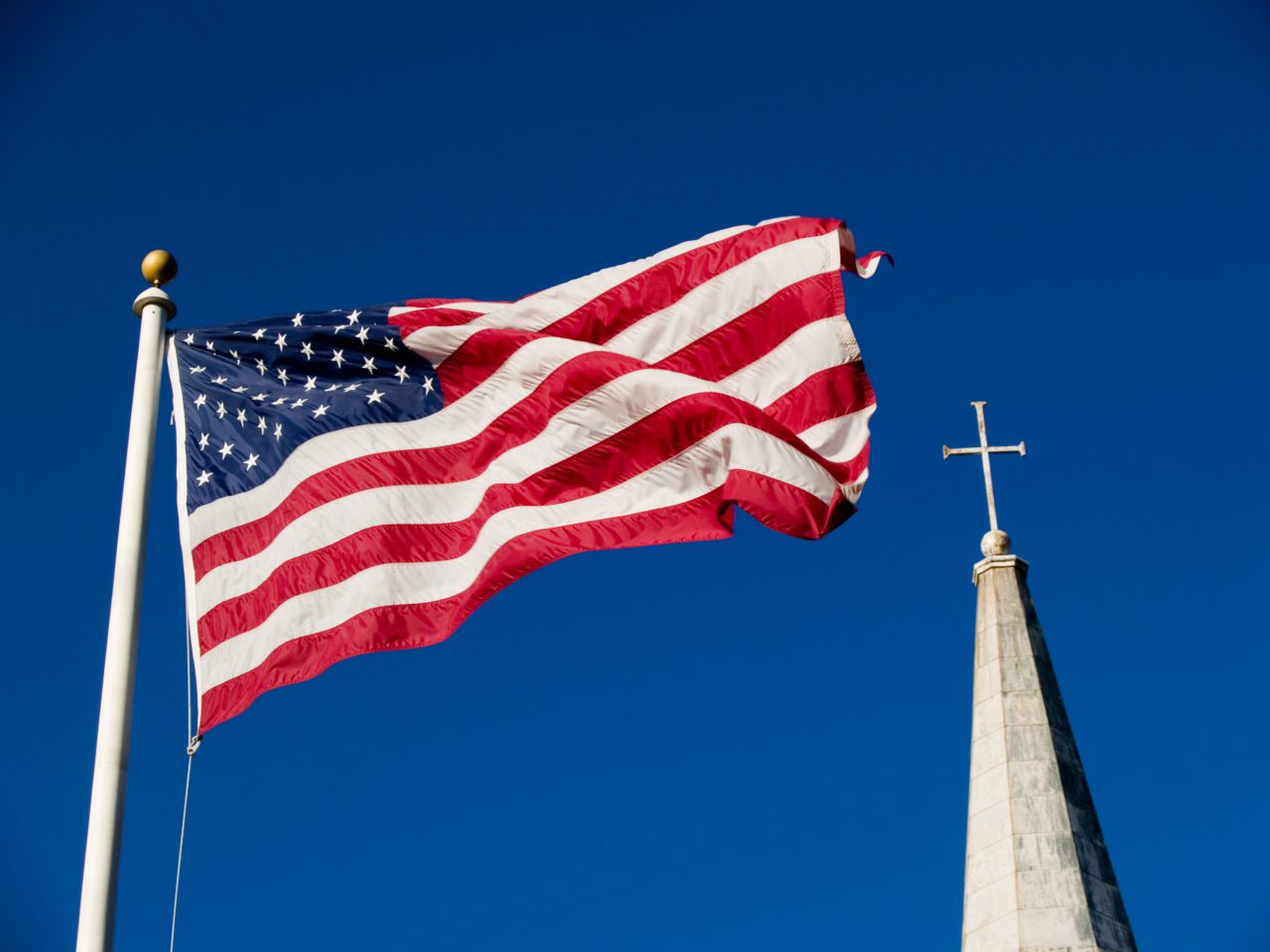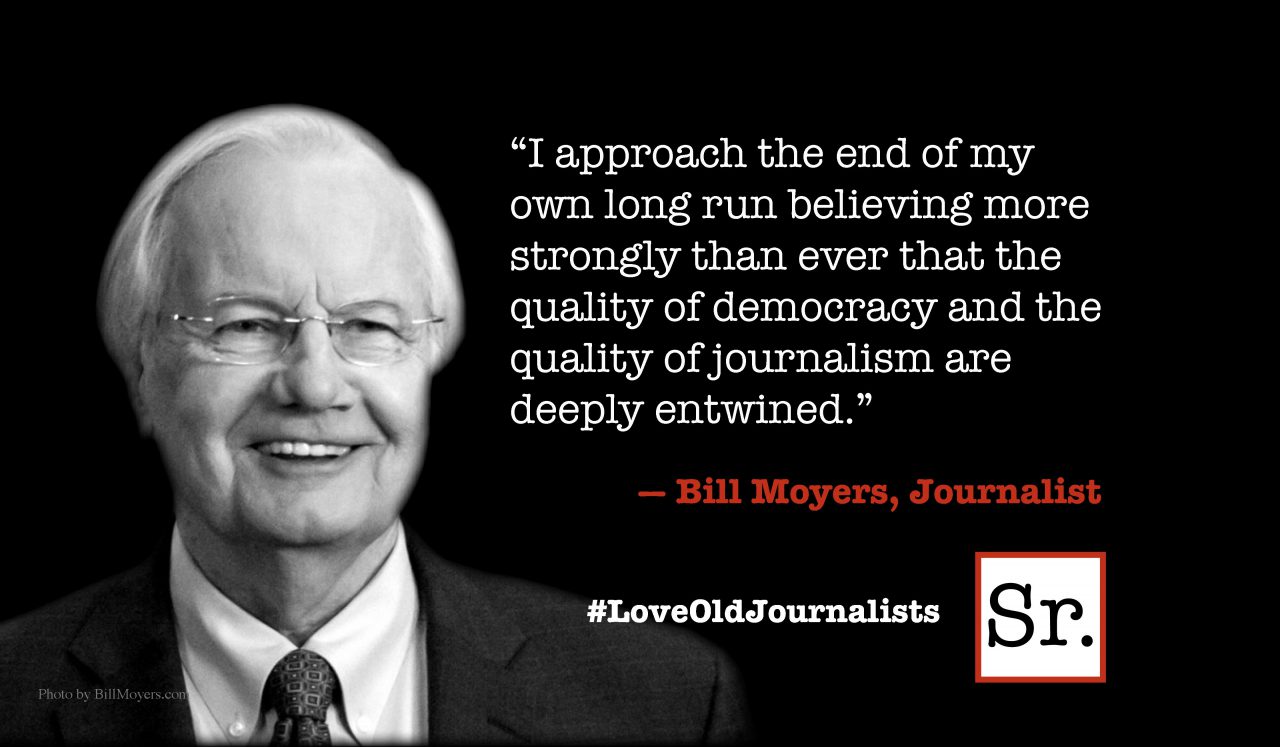“If that is what religion has become, I want nothing to do with any of it.” This came from a young adult, speaking about the takeover of religion by the political right-wing that now owns the evangelical version of the Christian faith. My young friend is not alone. There are millions of young, and not so young, Americans echoing the same sentiment.
While “Christian” in the popular mind now seems to mean right-wing politics, authentic religion in America is being increasingly sidelined, having been tarred with the same brush. Nobody who takes a serious look should have the slightest doubt that for years religious popularity has been in a free-fall. People, young and old, have bailed out of organized religion in massive numbers. While for some time that has been true for the progressive or liberal churches, for the last decade it has also been true for evangelical institutions. Today there are fewer emerging megachurches, and many that became prominent twenty years ago are beginning to fade, even to close. If you want the statistical evidence for these statements, take a look at “The End of White Christian America,” a recent, well-researched analysis by Robert P. Jones.
While the reasons for this decline are many and complex, chief among them is the takeover of religion by a strident new form of fundamentalism. This institutional phenomenon has its roots, not in traditional Christian ethics, but in a carefully designed political effort. In many conservative churches the way of Jesus has been turned on its head and now looks more like proclamations by the Tea Party than it does the Sermon on the Mount. While American religion had been moving in that direction for a number of years, the drift became an avalanche with the coming of the secularist, Donald Trump.
His political appeal, which includes racism, nationalism, militarism and xenophobia, has invited a too-easy transition for much of the American faithful evangelical community. Trump, who is dedicated to issues that are the opposite of a Jesus-based ethics, was elected with the whole-hearted support of from 81 percent to 86 percent of America’s evangelical voters. One of the results is that thoughtful American adults have bailed out of their churches in significant numbers.
The strength of American Christianity was formerly seen in how the nation consistently adopted a societal agenda that institutionalized justice, economic equality, civil rights, world peace, ecological sensitivity and compassion for the left-out. America’s main-line churches and synagogues supported public policies and laws that flowed from these ethical norms. From civil rights to immigration, America’s churches backed what they saw as a dynamic flowing from Jesus’ perspective on the shape of a more just world.
Just what part of the Trump agenda do evangelicals believe is grounded in a responsible Christian ethic? Is it “America first,” a wall on our southern border, the removal of health insurance from 23 million Americans, calling climate change a hoax and doing away with any program to counter global warming, the proliferation of firearms in everyone’s hands, or the massive arms build up?
At the same time, while liberal religion was working and witnessing for social and economic justice, it found itself hindered by anarchists and other advocates of violence who resorted to destruction of property, disruption at demonstrations and threats of assassination. Liberals have no affinity or a common cause with these thugs, and have consistently joined the rest of society in repudiating them. Nevertheless, there are conservatives who brand these activities to be the very essence of liberalism.
Why progressive religion has stood quietly by while evangelicals have continued to define religion in Tea Party-like terms, remains unclear. This in not only a political obscenity it is also a perversion of the essential ethic that has defined the Christian imperative. It is past time we branded this religious perversion for what is, a confiscation of religion by political operatives.









